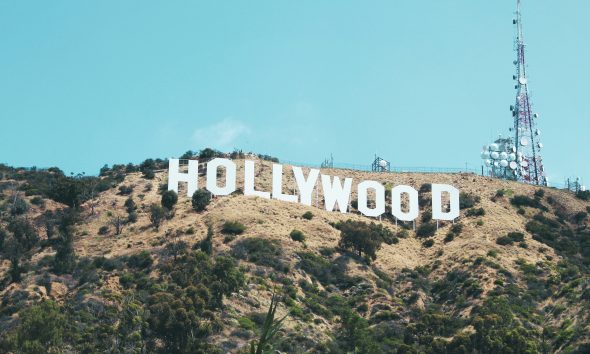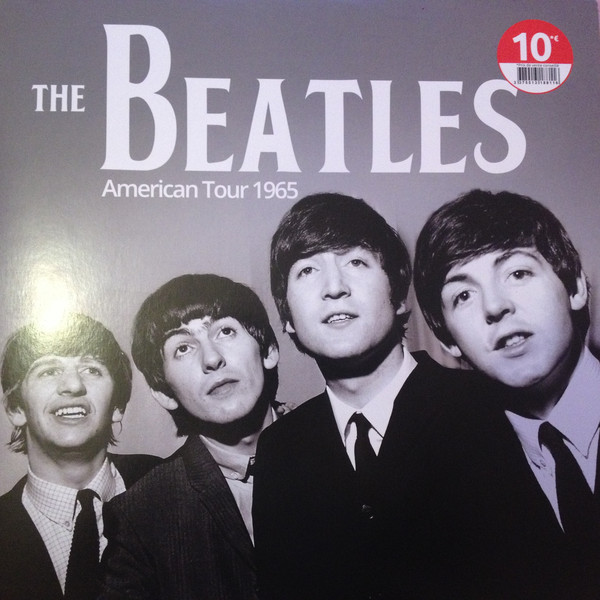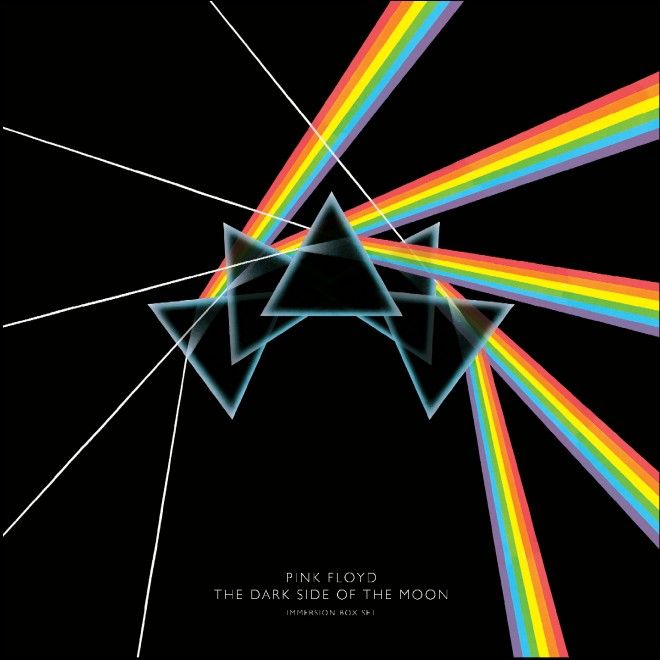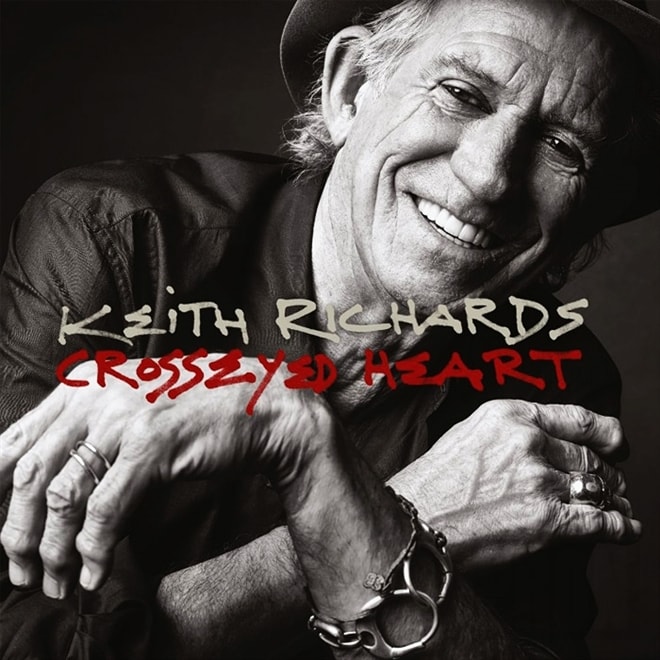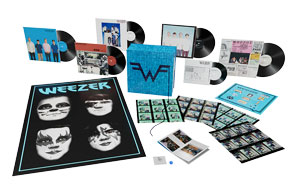Pulp
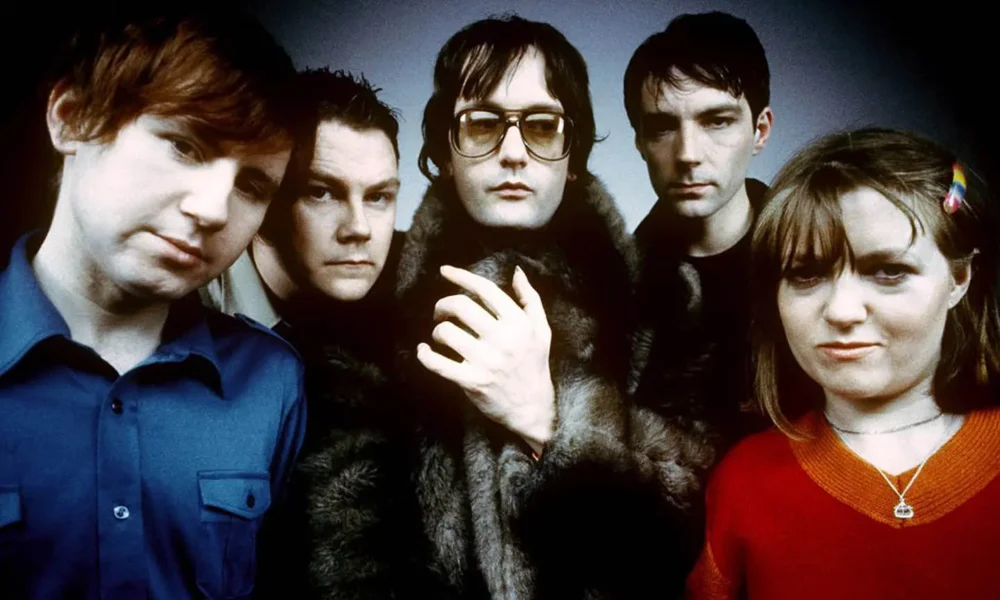

Pulp were formed in 1978 at The City School in Sheffield, England by Jarvis Cocker, then 15 years old, and Peter Dalton, then 14.
Cocker’s original preference was to name the band after the 1972 British comedy thriller film Pulp starring Michael Caine, though it was decided that this was too short. Instead, the two took inspiration from a copy of the Financial Times which listed the Arabicas coffee bean in its commodity index. Cocker and Dalton used this, with a slight spelling change, and the band became “Arabicus”.
Early rehearsals took place in Cocker’s house and featured Cocker, Dalton and Dalton’s younger brother Ian. After finally deciding on “Arabicus Pulp”, a fixed line-up was then established: Cocker, Dalton and two friends of theirs, David “Fungus” Lockwood and Mark Swift.
The band played their first public gig at Rotherham Arts Centre in July 1980. Later that year, Cocker met future member Russell Senior, who recognised Cocker from his charismatic sales techniques in his part-time job at the local fish market.
In October 1981, they gave a demo tape to BBC Radio 1 DJ John Peel, who granted them a Peel Session. The session was a giant leap forward for the young band, who became well known on the local music scene as a result. These tracks were later released in 2006 on The Peel Sessions compilation.
Despite their exposure on national radio, success was not forthcoming and, apart from Cocker, most of the core line-up left for university. Soon, a new set of musicians were gathered. They managed to get enough local backing to record a mini-album in late 1982, entitled It (the title was a pun on pulpit, as if the band were preaching to the audience).
In November 1985, Cocker fell out of a window while trying to impress a girl with a Spider-Man impression and ended up in hospital, temporarily requiring the use of a wheelchair in which he appeared during concerts.
Pulp signed to Warp Records imprint Gift Records in 1992. Buoyed by a changing musical current, in June 1992 Pulp released “O.U.”, music weekly magazine Melody Maker made “O.U” a single of the week alongside “The Drowners” by Suede, a prominent new band. Pulp then signed to Island Records.
“Do You Remember the First Time?” became their first top 40 hit on the UK Singles Chart, followed by the Ed Buller-produced album, His ‘n’ Hers (1994), which reached number nine on the UK Albums Chart and was nominated for the Mercury Music Prize.
An increase in popularity was helped by the massive media interest in Britpop alongside acts such as Suede, Oasis and Blur, with Pulp supporting the latter in a 1994 tour of the United States.
1995 saw the peak of Pulp’s fame, with the release of their number two single on the UK Singles Chart, “Common People”, in May 1995 and their performance in June at the Glastonbury Festival (standing in for The Stone Roses at the last minute).
“Common People” released in May 1995 reached No. 2 on the UK Singles Chart, becoming a defining track of the Britpop movement as well as Pulp’s signature song. In 2014, BBC Radio 6 Music listeners voted it their favourite Britpop song in an online poll. In a 2015 Rolling Stone readers’ poll it was voted the greatest Britpop song. In 2004, a Ben Folds-produced cover version by William Shatner (best known for his portrayal of James T. Kirk in the Star Trek franchise), brought “Common People” to new audiences outside Europe.
The follow-up single “Sorted for E’s & Wizz” caused some controversy. It was based lyrically on a phrase that Cocker overheard: He stated it was from a girl he had met in Sheffield. She went to see The Stone Roses at Spike Island and he asked her ‘what do you remember about it?’ And she said: ‘Well there were all these blokes walking around saying ‘Is everybody sorted for E’s and wizz?’ Before the release of the single the Daily Mirror newspaper printed a front-page story headed ‘Ban This Sick Stunt’, alongside an article by Kate Thornton that said the song was ‘pro-drugs’ and thus called for the tune to be banned. Lead singer Jarvis Cocker released a statement two days later saying: ‘Sorted. is not a pro-drugs song… I wouldn’t want anything we do to encourage people to take drugs’.
Different Class the fifth studio album by Pulp went to number 1 on the UK chart. Other singles released from the album were “Disco 2000” and “Something Changed”, which reached numbers seven and ten respectively in the UK. In September 1996, Different Class won the Mercury Music Prize.
While attending the 1996 Brit Awards, Cocker and Peter Mansell (a former Pulp member) invaded the stage in a spur-of-the-moment protest against Michael Jackson‘s performance. Jackson was performing his hit “Earth Song” while surrounded by children and a rabbi. Cocker was detained and interviewed by the police on suspicion of assault. Cocker was released without charge.
Following the success of Different Class Pulp released their sixth studio album This Is Hardcore on 30 March 1998. The lead single “Help the Aged” was released in November 1997 peaking at number 8 on the UK chart. The song was disliked by Pulp guitarist Russell Senior who left the band before the song’s release and sought to prevent it from being released as a single.
In October 2009, BBC Radio 6 Music announced Cocker was set to take over the Sunday afternoon slot from 10 January 2010 onwards, with Jarvis Cocker’s Sunday Service. Cocker won the Sony DAB Rising Star Award 2010, voted for by listeners, for his BBC Radio 6 Music Show.


